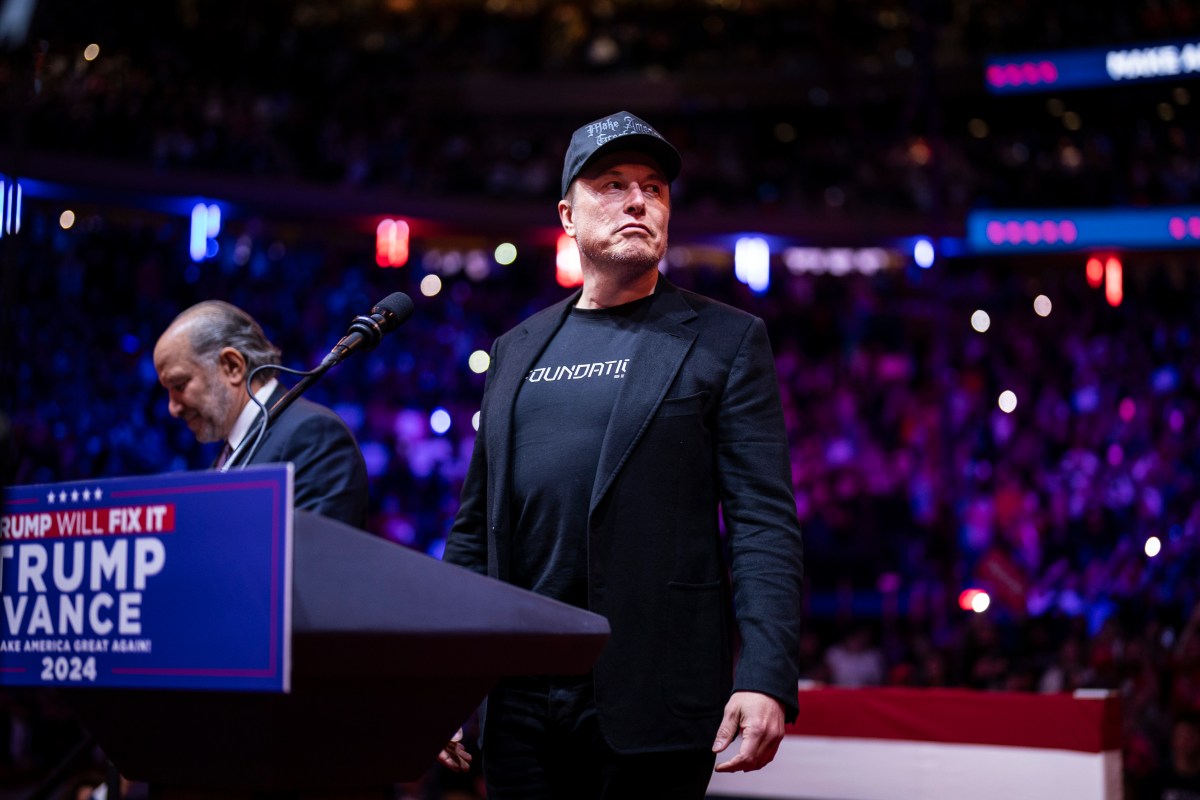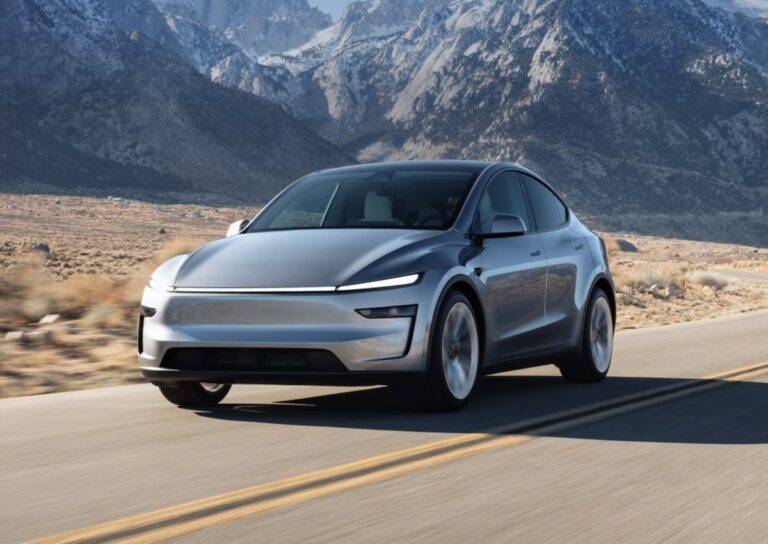How Trump’s Auto Tariffs Boost Tesla: A Strategic Advantage for Electric Vehicles
In a significant move impacting the automotive industry, President Trump has announced a 25% tariff on all imported cars to the United States, including those from neighboring North American countries. This new tariff regime also extends to certain car parts, a decision that is expected to drive up the costs of both new and used vehicles. However, this development may serve as a competitive advantage for Tesla, led by Elon Musk, one of Trump’s prominent financial backers during the presidential election.
The Impact of New Tariffs on Tesla
As Tesla navigates challenges arising from Musk’s controversial promotion of far-right ideologies and his role in the Department of Government Efficiency, which has faced global protests, the company is adjusting its sales strategies. Despite employing promotions and price reductions, Tesla’s sales in 2024 fell short compared to 2023, and the start of 2025 has been less than ideal.
How Tariffs Affect Tesla’s Operations
The introduction of these tariffs could alter Tesla’s market dynamics within the U.S. Importantly, Tesla manufactures all vehicles for the North American market in the U.S. at its facilities in Fremont, California, and Austin, Texas, thereby exempting them from the 25% import tax.
- Domestic Manufacturing: Tesla’s local production means that their vehicles won’t face the new tariffs.
- Component Imports: Approximately 20% to 30% of Tesla’s components are imported, which may create some logistical challenges.
- Long-Term Supply Chain Strategy: Tesla’s efforts to establish local supply chains are now starting to pay off.
Challenges for Competing Automakers
In contrast, most other automakers are likely to be adversely affected by these tariffs, particularly in the electric vehicle (EV) sector. For example:
- Ford: About 80% of Ford’s vehicles sold in the U.S. are domestically produced, but its Mustang Mach-E and Maverick hybrid pickup are manufactured in Mexico.
- General Motors: GM’s Blazer and Equinox EVs are produced in Mexico, making them subject to the new tariffs.
- Hyundai: While Hyundai’s EVs have gained traction in the U.S. market, most are built in South Korea.
Newcomers in the EV market, such as Rivian and Lucid Motors, also manufacture their vehicles within the U.S. (in Illinois and Arizona, respectively), thus avoiding the vehicle import tariffs. However, like Tesla, they will face additional costs on imported parts, which is particularly challenging as both companies are still operating at a loss on their electric vehicles.
Potential Price Increases for Competitors
As a result of these tariffs, other EV manufacturers may have to increase their prices more significantly than Tesla, potentially giving the latter a strategic pricing advantage. This could be especially beneficial for Tesla as it prepares to launch a new, lower-cost electric vehicle within the next few months.
Uncertainty Surrounding Tariff Permanence
It is worth noting that President Trump introduced these tariffs after much deliberation on their implementation. While he has suggested that these tariffs will be “permanent,” the fluid nature of political decisions means that this could change at any time.
For more information on the impact of tariffs on the automotive industry, visit Automotive.com or check out our analysis on recent automotive news.







